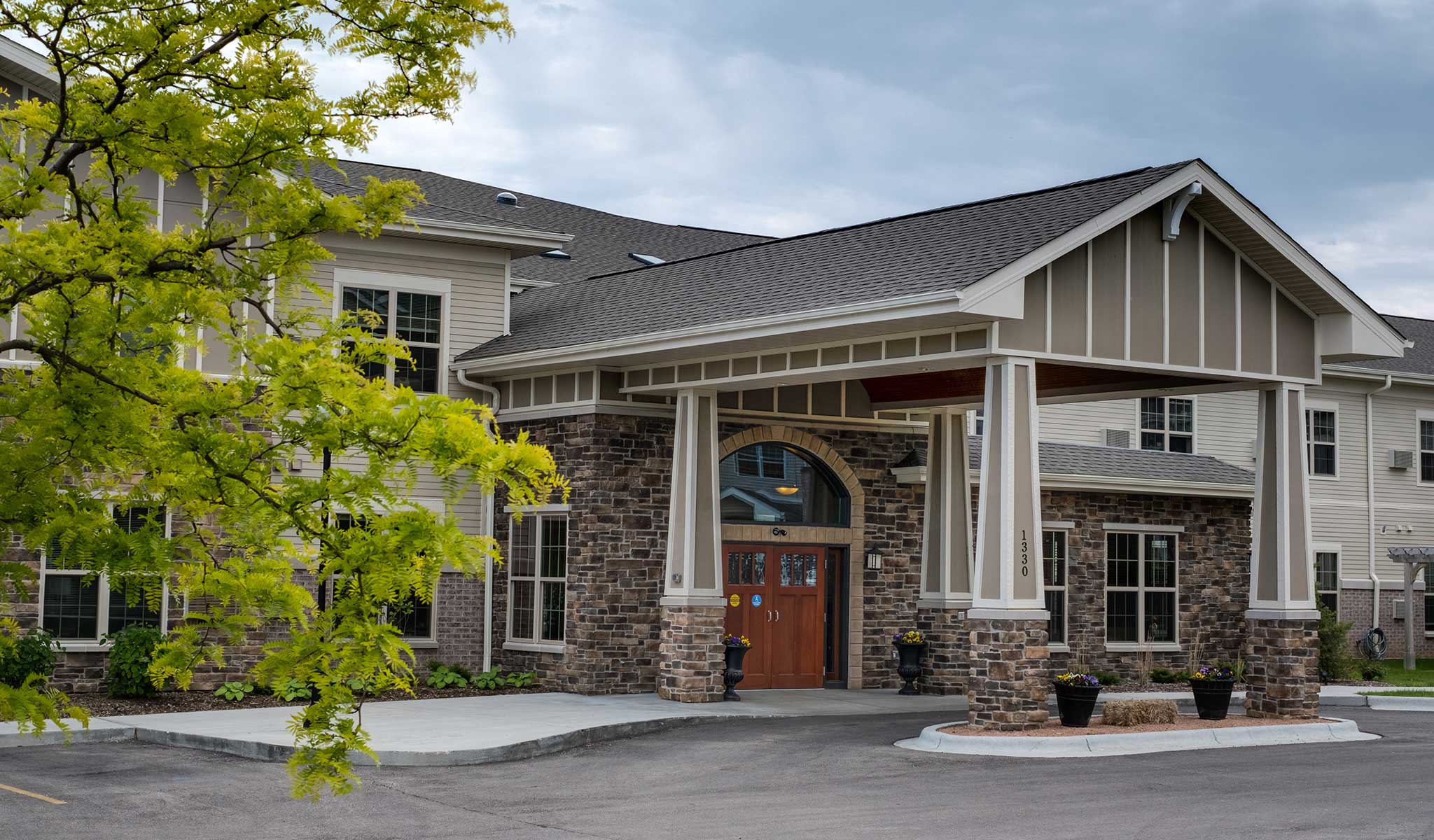
Many rights apply to assisted living residents. These rights include a right to choose the care they desire, the right at three meals a day to eat healthy food, and the right that a service plan is created to meet their specific needs. Knowing what these rights are and how to protect them will help you make the right choice for your loved one.
Residents who reside in assisted living homes have greater rights than residents of nursing homes.
Nursing home residents don't have the same rights as assisted living residents. One of their rights is the ability to make their own decisions about their treatment and care. This includes the option to choose the kind of food they are served and the time they eat. Also, they have the right to participate in care planning meetings and to make their own financial decisions.
As a social worker, I am responsible for protecting residents' rights, regardless if they are of any sex, race or religion. There are many issues that dementia sufferers face, including cognitive and physical impairments. There may be privacy concerns and loss of old social relationships. In addition, some residents experience discrimination based on age, sex, disability, sexual orientation, or religion.

They have the right to make decisions about their care
An assisted living resident has many rights and responsibilities. One of these rights and responsibilities is the freedom to make their own decisions about their care. This right is important in many ways. This right should not be limited to assisted living facilities. These rights should not be limited to assisted living facilities. Residents should also have the right to freely express themselves. This includes the freedom to send and receive mail, as well as write letters. Caregivers need to respect the wishes of residents and not invade their privacy. It is also important for residents to be aware of any changes made to their care plan.
A resident has the right of review and access to medical records. They can also be notified in advance about transfer and discharge dates. These records should be provided by the facility within one day of residents' request. They should also be allowed to take part in resident groups.
They have the right of three balanced, nutritious meals every day
A meal plan should cater to the nutritional needs and preferences of residents. This is not an easy task as different residents might have different food preferences. It's also important to consider cultural differences, religious requirements, physical conditions, and allergies. As a result, the menus should offer a wide variety of foods.
Although the attending physician must approve all therapeutic diets, the physician may delegate this responsibility on occasion to a licensed Dietitian. The state laws and regulations are the responsibility of the licensed dietitian. Each resident is entitled to three healthy meals per day. The facility must also meet their preferences and needs.

They have the option to choose a service plan that best meets their needs
A service plan lists the services a resident is eligible to receive. Service plans should be tailored to each individual's needs and preferences. Residents should have the ability to choose between which services they want and which services they don't need. Before agreeing on a service plan they need, they should be able communicate with their providers.
Many assisted-living facilities have adopted NRAs. Some states even consider them to be a regulatory requirement. NRAs, according to supporters, encourage open and transparent discussions between providers and residents. They also make it easier for them to understand the needs of residents and allow them to be more flexible with their choices.